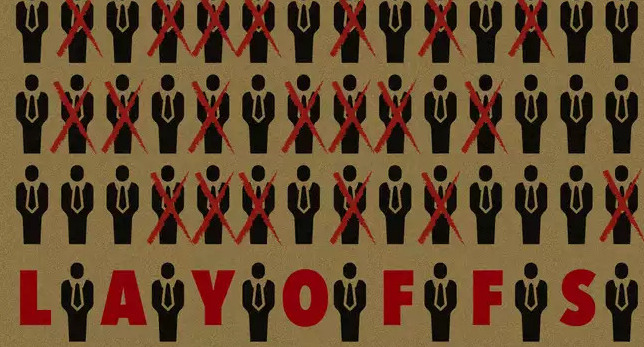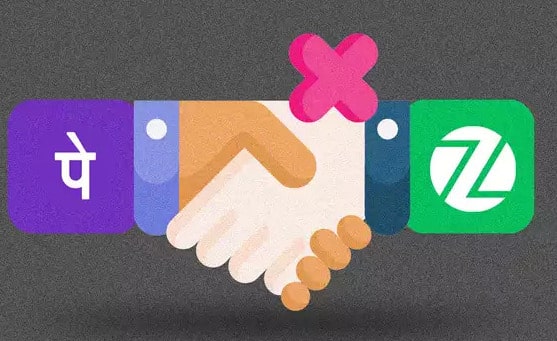According to a recent report by Twitter, India is among the countries with the highest number of content removal requests. The social media giant’s transparency report highlighted the rise in government requests to remove content, and India ranked among the top countries on this list.
In the report, Twitter disclosed that it had received over 38,500 legal requests from governments and law enforcement agencies worldwide between July and December 2020. This number represented a 26% increase from the previous reporting period, with India accounting for 25% of the total requests.
The report further revealed that Twitter had removed over 8,000 accounts and withheld over 11,000 tweets in response to the government’s requests. The Indian government accounted for 25% of these requests, with the company complying with 15% of them.
India’s position in the report did not come as a surprise to many people, given the country’s recent clampdown on social media platforms’ activities. In February this year, the Indian government issued a new set of guidelines for social media intermediaries, making it mandatory for them to comply with government requests to remove content.
The guidelines, which were criticized by many as a violation of freedom of speech and expression, required social media platforms to appoint a grievance officer, a compliance officer, and a nodal contact person to handle government requests. Failure to comply with these guidelines could result in criminal liability for the intermediaries.
The Indian government’s move to regulate social media platforms was prompted by concerns over the spread of misinformation and fake news, particularly during the COVID-19 pandemic. The government believed that social media companies were not doing enough to curb the spread of harmful content, leading to the rise in content removal requests.
While the Indian government’s intentions may have been noble, many critics argue that the new guidelines are draconian and pose a significant threat to freedom of speech and expression. The government’s ability to arbitrarily request the removal of content without proper justification could stifle dissenting voices and undermine democratic principles.
Twitter’s transparency report highlights the need for a delicate balance between government regulation and the protection of fundamental human rights. While social media companies have a responsibility to remove harmful content, they must also ensure that they do not become tools for censorship and oppression.
As more and more governments seek to regulate social media platforms, it is crucial to have an open and transparent dialogue between all stakeholders to ensure that the regulation does not become a tool for repression. Companies like Twitter must continue to advocate for the protection of freedom of speech and expression while also complying with legitimate government requests. It is also important for companies to highlight the potential unintended consequences over-regulation, such as censorship and stifling innovation. At the same time, governments should consider creating policies that foster creativity and open dialogue while still protecting public safety.
The rise in content removal requests also highlights the need for better content moderation policies and tools. Social media companies must invest in better artificial intelligence technologies that can detect and remove harmful content more effectively. This investment will not only improve the user experience but also ensure that social media platforms do not become tools for spreading misinformation and hate.
In conclusion, Twitter’s transparency report highlights the rise in content removal requests from governments and law enforcement agencies worldwide. India ranks among the top countries with the highest number of requests, reflecting the government’s recent clampdown on social media platforms. While the government’s intentions may have been noble, it is crucial to strike a delicate balance between regulation and the protection of fundamental human rights. Social media companies must continue to advocate for the protection of freedom of speech and expression while investing in better content moderation policies and tools.










